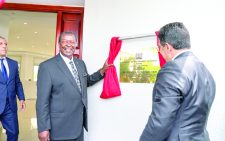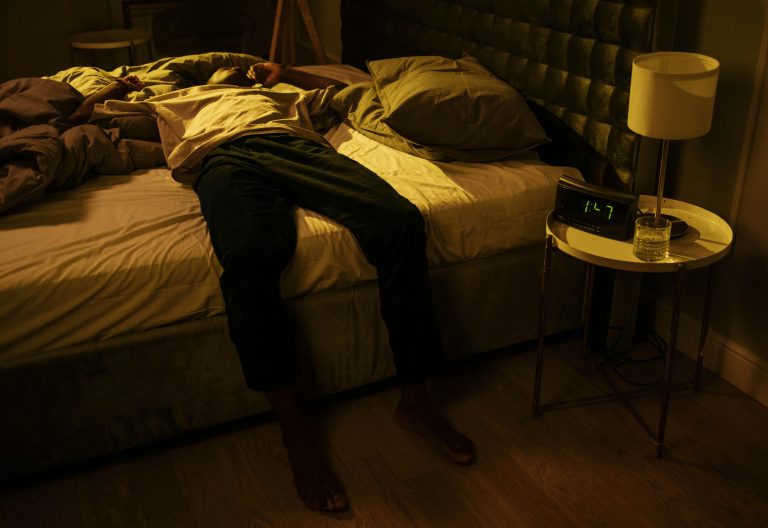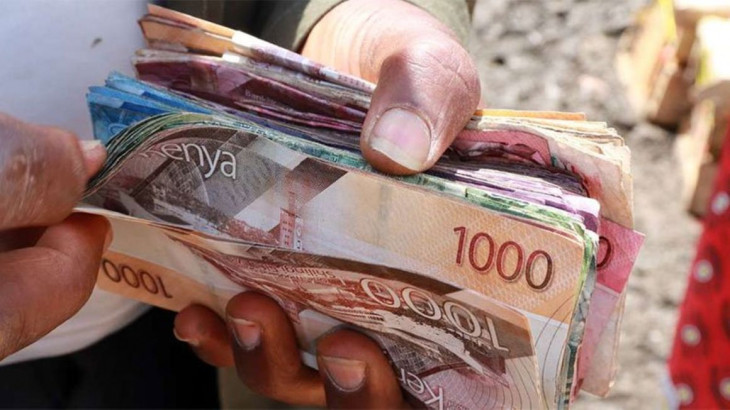From junk to wheelchairs
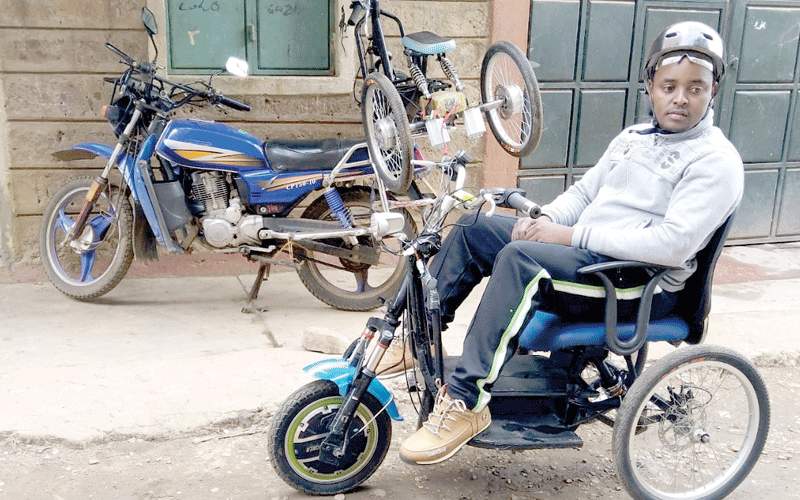
After seeing mountains of electronic waste, Lincoln Wamae made it his mission to reduce them in a unique yet beneficial way.
Milliam Murigi @millymur1
If you meet Lincoln Wamae riding on a wheelchair, you will automatically think he has a mobility problem. But this is a wrong judgment because Wamae is not disabled. This is part of his work.
Wamae is an innovator in the wheelchair making business. And to ensure his products are fit for use, he usually rides on them for testing.
The 30-year-old father of one makes custom electric wheelchairs using scrap materials from junkyards, a business he ventured into in 2018.
Though this is not an on-demand business, Wamae says he does not regret it because his dream of offering a helping hand to people with mobility challenges has been fulfilled.
“Initially I was in the tricycle-making business. But watching people with mobility problems struggle to walk for long distances or faster gave me the idea of making wheelchairs,” he says.
Since wheelchair business is not new in Kenya, he had to think hard on how to come up with a unique and affordable product.
He also needed to come up with an environmentally friendly product since he is a green energy advocate.
One day as he was passing by a junkyard he saw about 10 laptops that had been disposed of.
This was a new thing to him and he decided to do a quick research about how people dispose of their no-longer usable computers.
From the research, he learned people are disposing of the machines with normal garbage since there is little effort around the country to collect electronic waste.
Rough terrain
This prompted him to do more research about the time taken for such machines to fully decompose and the result was heartbreaking.
Research indicates some parts of computers and laptops can take over 500 years to decompose.
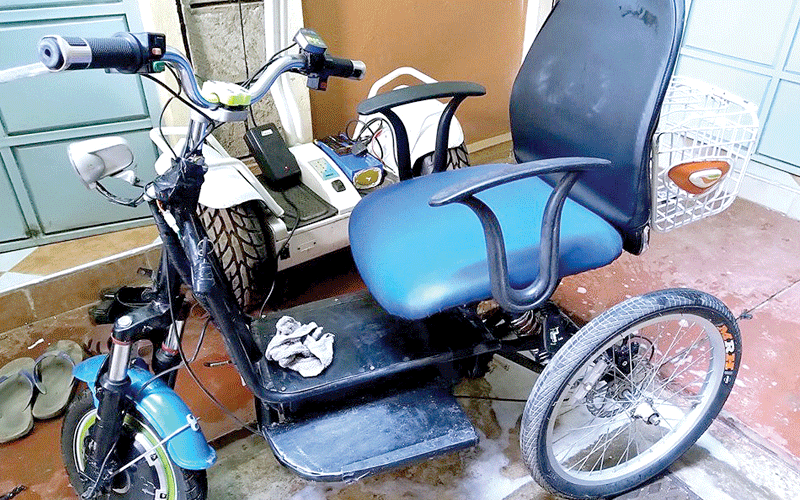
Because of this, Wamae decided to start recycling the machines; that is how the idea of coming up with an electric wheelchair from recycled material was born.
In 2018, Wamae made his first electric wheelchair, an event that gave birth to his company Linccell Technologies.
The wheelchair featured laptop batteries taken from dead computers as the main component.
Other materials such as seats were also sourced from junkyards. He only imported electric motors from China.
“The unique thing about my wheelchairs is that we use 90 per cent recycled material to make them.
The machines are durable and affordable. However, for customers who don’t like wheelchairs made from recycled materials, I make brand new ones for them,” he says.
After the first prototype, he has built several more and has perfected his art such that he is now making them professionally and for business without going for any formal training.
He also made sure wheelchairs can handle the rough terrain in our country .
“I am not the first innovator to come up with electric wheelchairs, but I have realised most wheelchairs are imported and are unable to handle the rough terrain for long.
My wheelchairs are different and are capable of handling the rough terrain without any problem and lasts longer,” he explains.
Investor search
Wamae tests his wheelchairs by taking them out onto the road to mimic real-life scenarios. Currently, they cost from Sh70,000 to Sh100,000 depending on the battery size.
However, he is working on bringing down the cost to cater for those who cannot currently afford them.
The wheelchairs can go up to 75km on a single charge, which can last up to three days. He also makes scooters for kids starting from Sh16,000 and can travel for up to 10km on a single charge
Wamae owns a workshop in Githurai 44 and has employed one person. With a bigger dream of mass-producing his designs and selling them all over Africa, he is currently looking for investors for his company for he believes that if he continues working as an individual it will take longer for him to achieve his dreams.
Last year he was one of the finalists of Innovate Now Accelerator programme, which is part of the UK aid-funded AT2030 Programme and Africa’s First Assistive Technology Innovation Ecosystem and Start-up Accelerator.
The accelerator will support them through expert mentorship, user-centred design, user-testing via a network of Live Labs, and access to seed funding.
“My dream is to reach out to more persons with disabilities and solve mobility challenges they face.
I want to see them living a more independent life considering most of them depend on their relatives.
This will also help me realise my objective of creating employment opportunities for the youths,” Wamae says.
His biggest challenge has been financing as some parts need to be imported.
To solve this he has been relying on agents something which once saw him lose about Sh35,000, which he used to import parts he has yet to receive.
“This was a lesson I learned the hard way, but now I have faithful and trustworthy partners,” he concludes.
